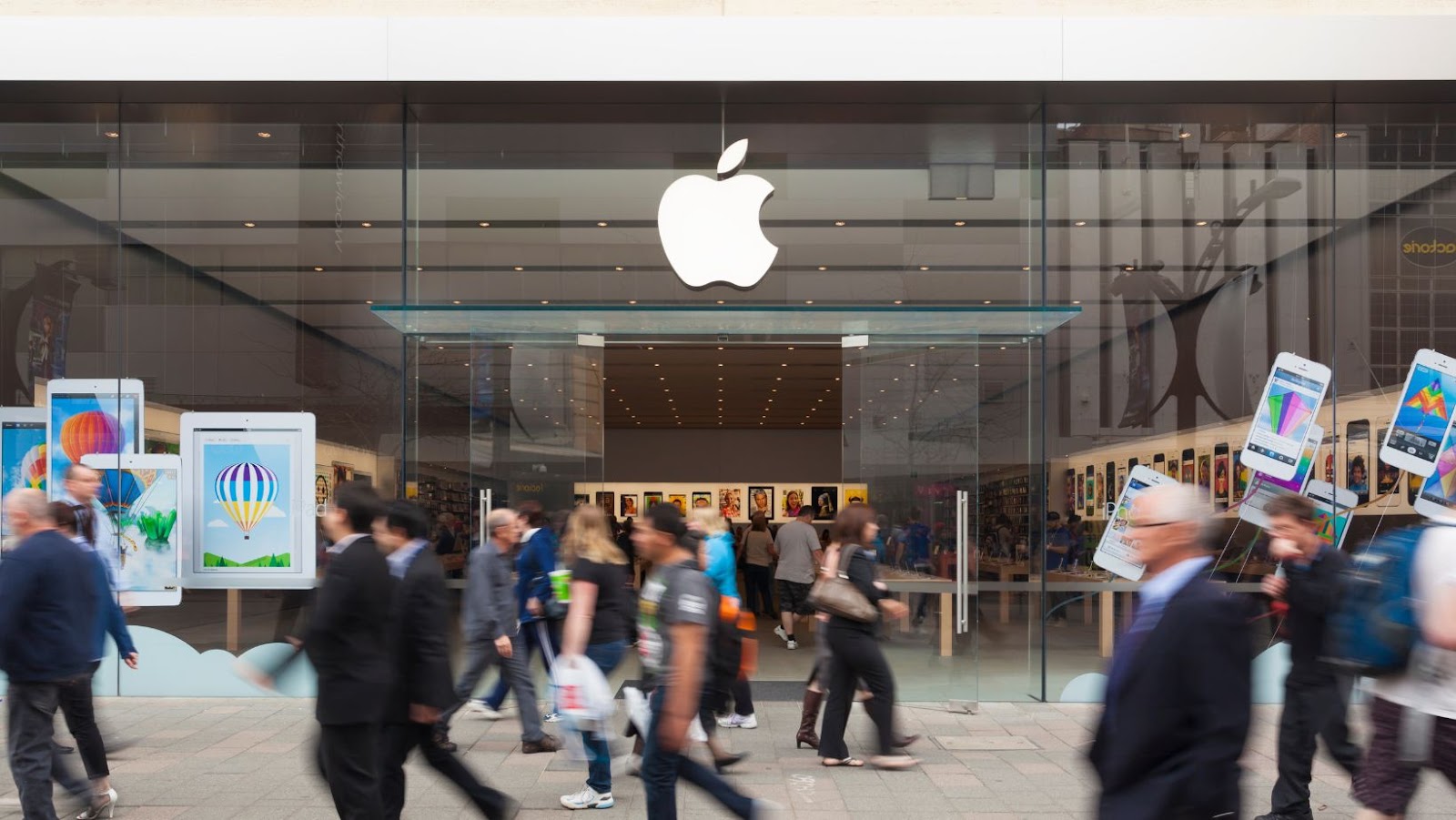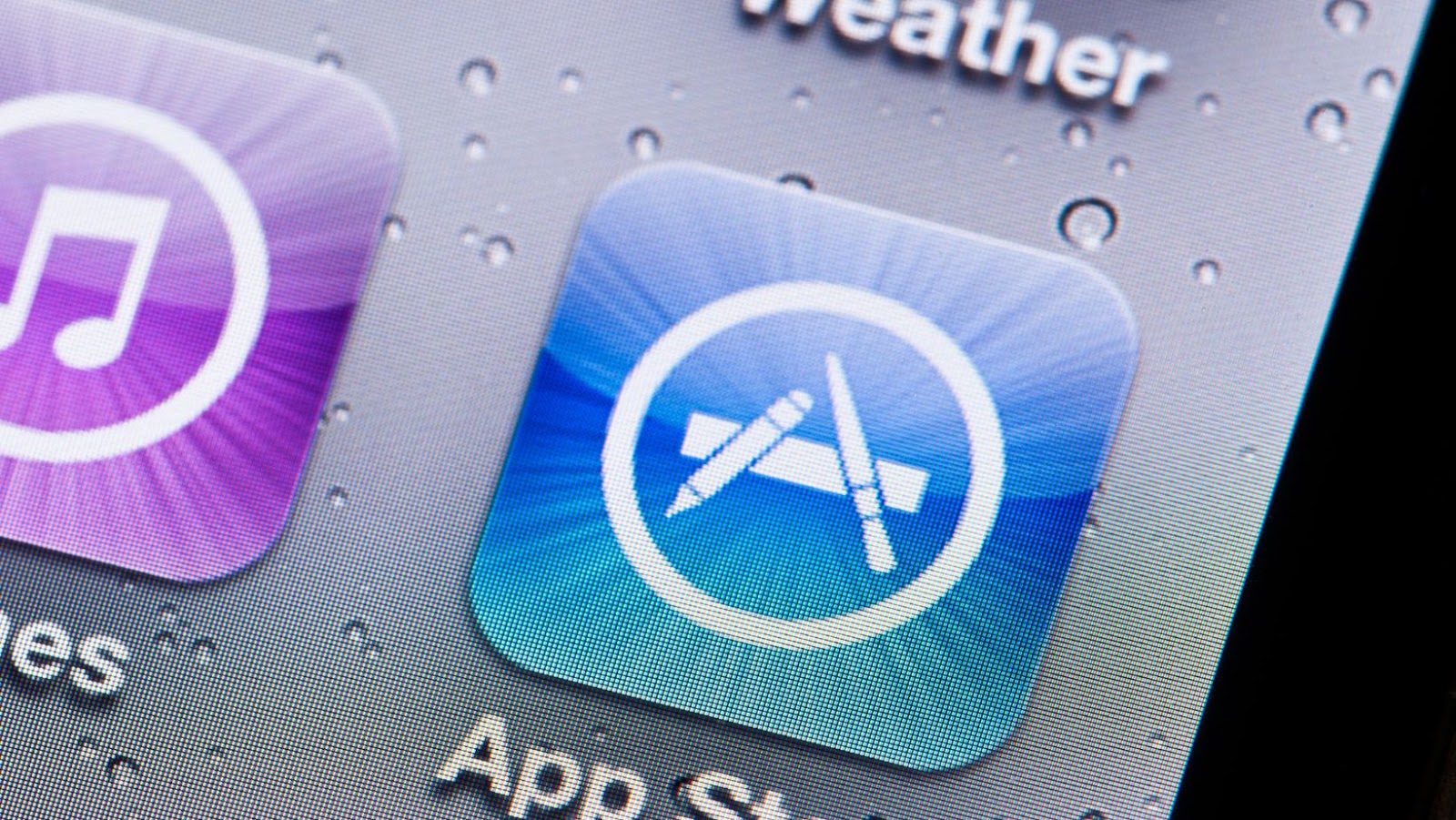
Recently, a dispute over in-app purchases between Apple and Fortnite developer Epic Games created a stir in the tech industry. As a result, Apple removed Epic’s game Fortnite from its App Store, leading to a lawsuit and a considerable amount of media coverage.
In this article, we will discuss how this situation could influence other app developers and its ramifications on the industry.
Overview of the Fortnite dispute
The dispute between Apple and Epic Games over the terms of the popular video game Fortnite have put app developers everywhere on notice. It has warned companies that their disputes with Apple over similar issues could similarly end in a bruising legal battle.
At the heart of the disagreement is the concept of an “app tax” that Apple has imposed on its App Store. Developers essentially pay Apple for each sale made via its platform, which has recently come under fire from Epic Games and other developers and antitrust regulators. The dispute appears to centre around how much in commissions developers should be responsible for when selling through apps in the App Store.
Epic Games is now looking to challenge this “app tax” by accusing Apple of anti-competitive practices, claiming that it can raise prices, keep prices elevated and suppress competition by forcing developers to use only its payment system. The tech giant responded by suing Epic Games, accusing it of breaching its contract with the App Store while removing Fortnite from its platform.
It remains uncertain how this will all play out. Still, some significant questions have been raised regarding whether or not such stipulations unfairly punish app developers using an essential resource—the App Store—to reach potential customers. This issue has been particularly highlighted as App Store revenues have significantly increased over recent years due to smartphone sales growth.
Apple removes Fortnite developer Epic from App Store
The high-profile dispute between Apple and Epic Games, the developer of the popular game Fortnite, has raised some important questions about the power of the App Store.
This article will examine the potential impacts of this dispute on other app developers and the App Store policies. We will explore the legal, business, and technical implications of the ongoing conflict between Apple and Epic Games.
Impact on App Store fees
If taken to its full potential, the dispute between Apple and Fortnite creator Epic Games can fundamentally alter how app stores do business. While Apple was willing to cut the commission rate for small developers making up to $1 million, there is still a prevailing feeling among app makers that Apple’s 30% fee structure is too high.

The longer-term impact of the dispute may be felt in more than just the commission split between app developers and app stores. Namely, it could significantly alter how developers can direct consumers away from their official apps. Critics of Apple have long argued that its policies limit their ability to communicate directly with users, hampering their ability to build relationships with those consumers.
At stake on this particular point is whether or not companies can use alternative payment methods outside of the app store when billing for an in-app purchase. For instance, with Epic Games’ now-limited access to the App Store, it will likely have difficulty convincing customers who may be accustomed to using Apple Pay or other methods provided by the tech giant. It remains unclear how this case will ultimately resolve itself for Fortnight and other companies with similar disputes — whether through international legal action or less extreme methods — but much is riding on its conclusion from both sides of the aisle.
Impact on in-app purchases
The dispute between Apple and Epic Games surrounding Fortnite has raised the issue of in-app purchases, pointing out how App Store rules can conflict with consumer rights. Although the case is ongoing, it has already had some influence on mobile app development.
In-app purchases have become an important part of the mobile app industry, allowing developers to monetize their apps in different ways. Until now, the app store handled this type of transaction entirely. In light of recent events, that could change shortly.
Epic Games’ lawsuit against Apple centred on Apple’s policy of taking a 30% cut from every in-app purchase on its platform. This policy became an issue as Epic Games wanted to offer its consumers better prices but could not do so due to Apple’s requirements.
While Apple continues to argue its policies are fair and necessary for customers and developers alike, the ongoing dispute could lead to changes regarding in-app purchases in both the App Store and Google Play Store. Essentially, this could mean more freedom for developers when providing discounts or special offers while also upholding quality control standards imposed by app store owners like Apple and Google. In addition, companies could eliminate these third-party stores or offer payment methods other than credit cards or gift cards directly within their apps.
Impact on App Developers
The Apple-Epic dispute has been the talk of the tech world for the past week. Apple removed the Fortnite developer Epic from the App Store after Epic implemented a direct payment system that bypassed Apple’s in-app purchasing system. The dispute has shed light on the power of Apple’s App Store and the implications of it on app developers.
In this article, we’ll look at how the dispute could impact other app developers.
Impact on app developers’ revenue
The Fortnite dispute could impact app developers and their long-term revenue. It has focused the spotlight on how Apple and Google can use their control of the App Store and Google Play since they both take a 30% commission on all transactions going through the stores, including in-app purchases.

This could lead to app developers having less control over tracking customer data or deciding to price their app or charging for upgrades or in-app purchases. App developers may also see reduced returns with fewer purchases as customers look away from the stores out of discontent at the fees charged by Apple and Google. Additionally, some may choose cheaper apps due to budget restrictions caused by an uncertain economic climate.
As a result, many app developers seek alternative monetization forms such as subscription services that allow them to bypass App Store fees. If more app developers move towards this model, it could have knock-on effects for Apple and Google’s revenue streams from App store fees.
Impact on app developers’ ability to update their apps
The Apple-Fortnite dispute has become a huge talking point in the technology industry. It has consequences beyond a single app, as Apple’s policies directly impact other app developers’ ability to update their apps and even innovate with new features.
To understand these potential ramifications, it is important to look at how app stores regulate updates. Typically, when an update is sent out to the public, it must go through the app store before being made available. This ensures that the update follows rules set by the store such as user interface design standards or particular bug fixes they require developers to implement before their apps will go live.
As a result of this system, developers now have limited control over updates and upgrades. For example, they can’t make minor changes without the store’s approval. This poses a problem for developers who want to iterate on their products quickly or introduce new features contrary to existing policies for each platform. This impacts creativity and restricts the free market of publicly available apps.
The Fortnite dispute has highlighted this issue and caused other app developers to take up arms against Apple’s monopoly over App Store access and download fees. This could form another avenue for legal attempts against Apple, with increased criticism sure to follow from third party app developers in response to any outcome of this trial between Epic Games and Apple Inc..
Impact on Consumers
The dispute between Apple and Fortnite developer Epic Games has gone to the courts, and it has already started to impact consumers.
Removing Epic’s games from the App Store takes away a popular game that many people have enjoyed, and it could have wider implications for other app developers.
Let’s examine how this legal dispute could affect consumers.
Impact on consumers’ access to apps
The recent dispute between Apple and Epic Games over their mobile game “Fortnite” has shed light on app store regulation and consumer access to apps. As the companies battle for control over the digital landscape, consumer access to apps is in the balance.

If the issue is not resolved soon, there could be disruption to consumers’ access to apps. For example, suppose Epic Games wins its case against Apple. In that case, other app developers may attempt to opt-out of App Store regulations, leading Apple to take similar actions concerning other applications they deem inappropriate or a threat to their business model. This could lead to restricted consumer access to certain apps as Apple pressures these developers to conform with their terms of service.
In addition, should Epic Games win their case against Apple, it could open up new opportunities for app developers outside of the official App Stores by paving the way for competition and a variety of options for consumers who wish for more freedom and flexibility when accessing applications on their devices. However, this could increase the risk of uncertain safety protections from malicious software available through unregulated sources since these applications lack security filters and quality assurance provided by App Stores such as those offered by Apple.
The repercussions of this dispute will significantly impact how app stores are regulated in the future and how much access consumers will have when downloading software on their devices. As both companies battle in court over their respective interests, consumers can only hope that whatever resolution is reached does not come at a cost which negatively impacts user experience or privacy protection protocols when accessing mobile applications.
Impact on consumers’ ability to purchase in-app content
The disagreement between Apple and Epic Games over their “Fortnite” mobile game could significantly impact other app developers and how they can sell in-app content. As Apple has pointed out, the App Store encourages competition by ensuring all apps offer a consistent customer experience, including uniform pricing and commission schemes.
With Apple’s recent enforcement of the rules, any app that does not comply with its App Store guidelines (which include taking no more than 30 percent commission for in-app purchases), may be banned from the store. This could create a ripple effect as many apps rely heavily on in-app purchases to generate revenue.
This situation could also stifle innovation among app developers hoping to test new ideas regarding marketing and selling content through their apps. It can be difficult to accurately view how pricing models, including discounted subscriptions or trials, will impact revenue if Apple prohibits them.
Finally, it is worth noting that this controversy could drive prices up on the App Store as developers feel forced to price within Apple’s guidelines or remove their apps entirely to remain compliant with its rules. This would likely affect consumers who purchase digital goods through iOS devices, causing them to pay more for the same goods available elsewhere for lower prices.





